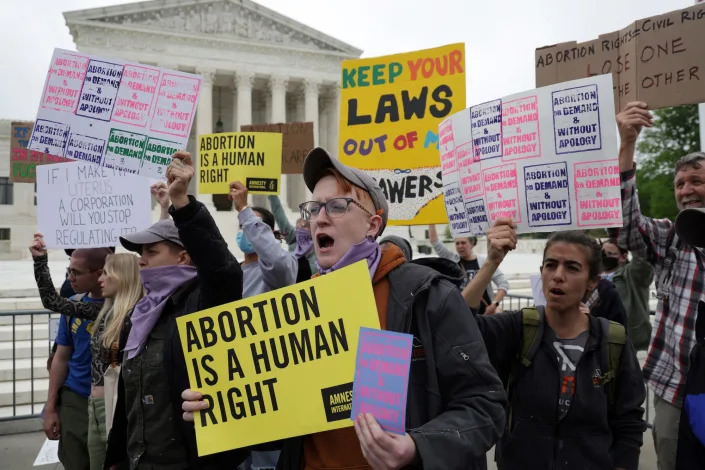




Wed, May 4, 2022,
By Alasdair Pal and Uditha Jayasinghe
BOGAWANTALAWA, Sri Lanka (Reuters) - On a lush plantation in Sri Lanka, Arulappan Ideijody deftly plucks the tips of each tea bush, throwing them over her shoulder into an open basket on her back.
After a month of picking more than 18 kg (40 lb) of such tea leaves each day, she and her husband, fellow picker Michael Colin, 48, receive about 30,000 rupees, worth about $80 after the island nation devalued its currency.
"It is not close to enough money," Arulappan, 42, said of their earnings, which must support the couple's three children and her elderly mother-in-law.
"Where we used to eat two vegetables, now we can only afford one."
She is one of millions of Sri Lankans reeling from the island's worst economic crisis in decades.
The COVID-19 pandemic severed the tourism lifeline of the Indian Ocean nation, already short of revenue in the wake of steep tax cuts by the government.
Left critically short of foreign currency to buy essential supplies of food, fuel and medicines, Sri Lanka has turned to the International Monetary Fund for an emergency bailout.
Rampant inflation and shortages sparked weeks of protests that have sometimes turned violent.
Plantation workers like Arulappan, who hail predominantly from the island's Tamil minority, are affected more than most, as they own no land to provide a cushion against soaring food prices.
Her family is one of 17 living in traditional "line homes", or box-like, single-storey terraces unchanged in design from the days of Britain's colonial rule, which ended in 1948.
Emerald-green hills stretch for miles around, while rising over the cottages is fragrant woodsmoke from burning tea branches the families use for their cooking fires.
Their fortunes mirror the rise and fall of an economy that emerged from a decades-long civil war in 2009.
Buoyed by a booming tourism industry and exports of items such as garments and plantation products like tea, rubber and cinnamon, Sri Lanka attained a GDP double almost that of neighbouring India in 2020.
Arulappan left school at 14 and worked in a garment factory before marrying and moving to the plantation in Bogawantalawa, a valley in the central highlands reputed for its fine teas and a drive about four hours east of Colombo, the commercial capital.
The job's flexible hours allowed her to care for her children and start a small business selling vegetables to other workers on credit.
But the pandemic was a setback for the family and the country, shuttering the economy for months and cutting off the tourism sector, a key earner of foreign exchange.
"There were days where we would only eat rice," Arulappan said.
INFLATION SPIRAL
The tea industry, which supports hundreds of thousands of people, also suffered from a controversial government decision last year to ban chemical fertilisers as a health measure. Though later reversed, the ban has left fertilisers in short supply.
First-quarter tea production fell 15% on the year to its lowest since 2009, with the Sri Lanka Tea Board saying dry weather had taken a toll of bushes that received insufficient fertiliser after the ban.
Coupled with lengthy power cuts, fuel shortages and soaring inflation, that helped push the industry to "near total breakdown", said Plantation Association spokesman Roshan Rajadurai.
The crisis has left Arulappan unable to make the last two months' repayments on a series of high-interest loans she took to start her business, defray the costs of a family wedding and pay off other debts.
Food inflation is approaching 50% on the year, with transport nearly 70% more expensive, official figures show, although in practice the figures are even higher.
The price of flour has doubled over the last year, putting out of reach for many plantation workers the coconut-infused flatbreads they nibble while plucking tea.
"We have had to switch to eating rice. But even that is very expensive now," Arulappan said.
The cost of the two-kilometre bus ride to school for her two younger children has also more than doubled in recent months, but the couple continue paying for private tuition to ensure them a better life.
"I never want to see my kids work in a plantation," Michael said.
However, the crisis has doomed plans for university education for their eldest son, Akshon Ray.
Arulappan saved up for two years for a laptop she promised the 22-year-old if he got good results on his final exams.
On top of the family's metal wardrobe lies a folder holding the brochure for the university where he planned to study. But the financial burden was too much.
"You have to support the family," Arulappan told her son just before he left to work in a broom factory in Colombo.
She does not yet know where he is staying.
(Reporting by Alasdair Pal and Uditha Jayasinghe in Bogawantalawa; Editing by Clarence Fernandez)









.jpg)










